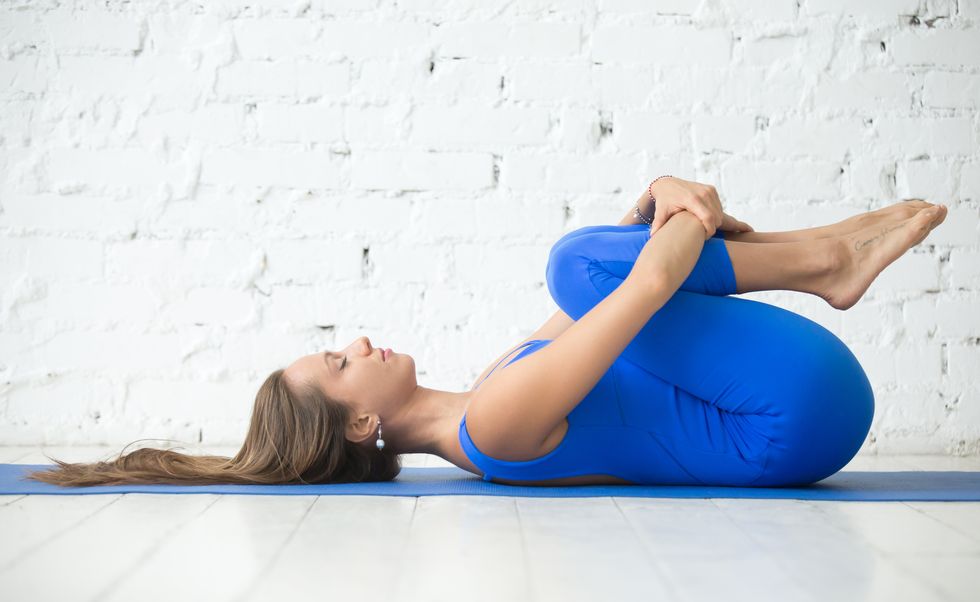By Kelly Wilton
As parents of children with disabilities and complex conditions, we understand all too well the toll that extra challenges can take on our emotional and physical health.
For our mental health to endure the current climate of uncertainty that we all face (which can understandably leave us feeling out of control, overwhelmed and stressed), we need to look at small, simple practices we can incorporate into our daily routine that will help ease the pressure we’re under. Our family situations have a layer of complexity that must be considered when we look at ways to ease our mental load, our emotional guilt-list and our physical to-do list.
Look at the suggestions below as simple stepping stones. Even if you only practice one a day, it is one more than the day previously. We are the families that celebrate inchstones with our very own children, so let’s be gentle with ourselves in that very same way – knowing that inchstones are just as big a deal as the milestones.
1. PRESSURE – INCLUDING HOME SCHOOLING!
The daily pressure we put on ourselves has got to stop. We are not meant to be doing everything ourselves. We routinely wear the hats of a parent, carer, therapists and now for many in Melbourne (and who knows where next!)… a home school teacher!
Our kids’ education is important but don’t let it come at the expense of your own mental health. Education can be found in many ways, and your teacher will help you with that, if traditional methods don’t work, or fail to work in your home! Our kids have a lot of accommodations that our teachers account for, and what we see in our friends highlight reels of typical children, do not usually work with ours!
Having a family that gets through this global crisis is what we all want as the ultimate outcome.
2. ASK FOR HELP – RESPITE IS NOT A DIRTY WORD!
Please ask for help! Is one of your therapists available for care within your home for 2 hours or so, just on a weekly basis to start off with, while you go and lie in the other room to take some time out? Our therapists are all willing to help our families in ways that we need. Think of aqua therapy and swim teachers, horse riding etc. that are now facing no work. Reach out to those trusted people in your care circle and see what they are offering. Our children are in their care circle, but remember you are also in that care circle – and people do want to help! Maybe it’s one family member or close friend that can come to the house and help out during this time. There will be some circumstances that will be very tricky to navigate but with the right person, and good communication, this could potentially benefit your whole family.
Remember by giving people an opportunity to help you, you are helping them too!
3. BREATHING TECHNIQUES AND MUSIC
With the amount of coffee and/or wine we have all been consuming (and who could blame us!) there are some very good techniques to help your nervous system get back on track.
We’ve all heard of breathing techniques, yet most of us are too busy to even contemplate our breathing. Here is a really easy exercise you can try.
• Breathe in for 4 counts and hold momentarily;
• Breathe out for 6 counts.
Do this for a couple of minutes, if that’s all you have time for, and just try and do it throughout the day if you feel the overwhelm creeping in. This concentrated breathing technique helps the body’s ability to heal itself and for your nervous system to reset.
Then there’s the restorative power of music. Make a playlist of music that settles your mood and take a few minutes each day to reset to your favourite tracks.
4. STOP SIGNS ON THE DOOR – BOUNDARIES
Colette Dekker from CoordiKids suggests the following: Everyone, kids and parents, needs some “me time” but we all know too well that just closing your bedroom (or the bathroom) door, does not keep them out. Most people react better on visual cues so let’s do an art project and let everyone make their own STOP and GO sign to put on their bedroom door. During the art project, using this mindfulness time, explain to everyone the rules regarding the signs and that it needs to be respected. This gives our little ones some control over their space but also teaches them to respect other’s wishes. And, we as parents get some time to ourselves…. even if only for 15 minutes!
5. YOGA/STRETCH
Who doesn’t have a sore back?! Sore backs are directly correlated to issues with mental health. Here are some simple stretches for a sore back:



6. GRATITUDE DIARY
Fish out an old notepad and write or draw down what you are grateful for. Or if that’s too much, write your favourite song down and play it. Date everything in this diary. Even if you forget, leave it by your bed and write in it when you see it. It’s just for you!
By the end of this – and there will be an end, you will have a notebook full of what helped you during what seemed like an impossible time. It may seem melancholy now, but looking back on these experiences, and what you were feeling in these moments will give you a sense of achievement that despite it all, you got through it!
7. GET OUTSIDE
Sun, rain or snow! Get outside whenever you can – have your morning coffee outside, eat breakfast outside, have your lunch outside, whatever it is you are doing, see if you can get outside even just for a portion of it. The fresh air, will change up your environment. We appreciate that this won’t work for everyone, especially in colder climates and with compromised health conditions. If you are in a position to have just one of your coffees/teas outside during the day – then see how that small change makes a big impact for that particular time. Having the ability to go outside in the fresh air, will remind you that there is some freedom amongst the mayhem.
Beyond Blue’s COVID-19 Mental Health Support Service Beyond Blue is working around the clock to build a dedicated COVID-19 Mental Health Support Service. This is in response to the growing demand for mental health support as a result of the coronavirus outbreak. This new service will be funded by the Australian Government. The service will offer free counselling by mental health professionals for all people in Australia 24/7, both online and over the phone. It will also provide free and easily accessible information and advice around coping with COVID-19, isolation and connection, workplace and financial hardship, and how best to support the mental health of loved ones. Beyond Blue: 1300 22 4636




